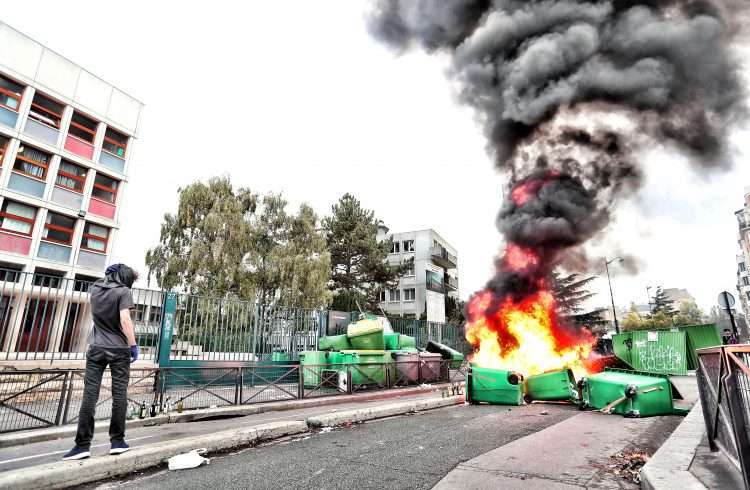Political Violence

The topic of political violence provides a compelling conversation topic for English learners, offering a platform to discuss current events, societal issues, and political systems. Exploring this topic allows learners to expand their vocabulary related to politics, conflict and social justice.
Discussing political violence promotes a deeper understanding of global affairs and cultivates empathy, tolerance and respect for diverse perspectives. It provides a valuable opportunity for English learners to improve their language proficiency while engaging in meaningful discussions about important societal issues.
About Political Violence
Political violence, a manifestation of power struggles and ideological conflicts, represents a complex and deeply rooted phenomenon. It encompasses a broad range of actions, from protests and riots to acts of terrorism and warfare. The dynamics of political violence intertwine historical, sociopolitical, and economic factors, often engendering widespread suffering, human rights abuses and destabilization of nations.
Understanding the causes, consequences, and potential solutions to political violence requires a nuanced exploration of historical contexts, power structures and the complexities of human behaviour. Delving into this topic fosters critical analysis, deepens global awareness, and stimulates discussions on the delicate balance between justice, security, and the preservation of human rights.
Useful Vocabulary
Try and use the following vocabulary when answering the question. Click to look up the definition in the dictionary
Conversation Questions
- How do you define political violence? What actions or behaviours does it encompass?
- Have you ever heard or read about instances of political violence in your country or around the world?
- Can you think of any historical examples where political violence played a significant role in shaping a nation or a movement?
- What are some factors that can contribute to the emergence of political violence?
- Are there any nonviolent methods that can be effective in addressing political grievances or conflicts?
- How can the media influence public perceptions and understanding of political violence?
- Can you think of any cases where political violence has led to positive change or progress?
- Is political violence ever justified as a means to bring about social or political change?
- If you witnessed a peaceful protest turning into an act of political violence, what actions would you take?
- If you had the opportunity to interview a former political activist who renounced violence, what questions would you ask?

